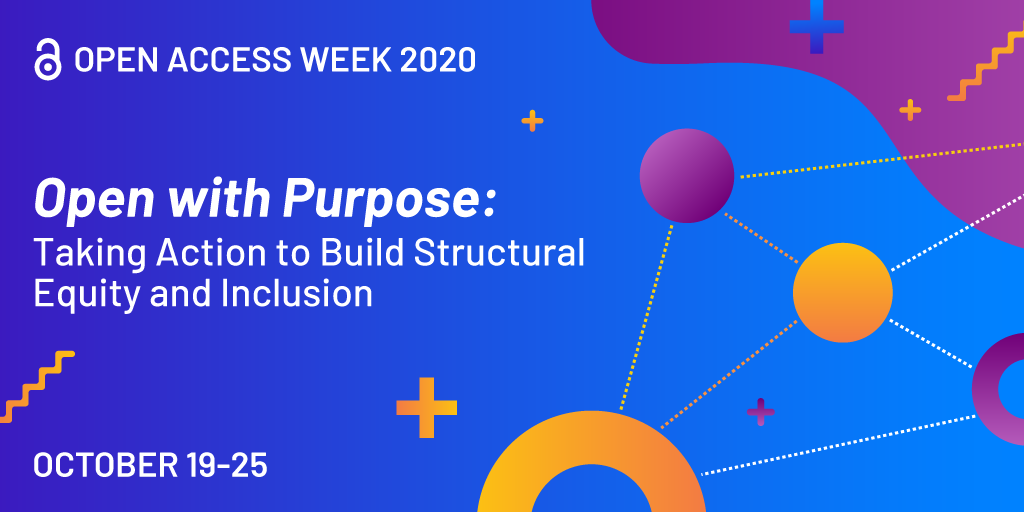
October 22, 2020, by Emma
Open Access Week: Journal publishing: transformed by agreement
In the fourth of our daily blogs for Open Access Week, Senior Research Librarian Tony Simmonds explores new models to enable publishing in journals.
Pay to read or pay to publish? That is the question that’s ruffling the normally composed arena of scholarly communications.
Slowly, publisher by publisher, new articles by Nottingham authors are appearing by virtue of a novel business model. Steered by the determination of funders to share discoveries more widely and more quickly, the University of Nottingham is taking advantage of agreements that transform the basis of scholarly publishing. Springer, Wiley and a number of learned societies are already part of this new world; OUP, Elsevier and many others are in the queue to negotiate deals of their own.
How are these agreements with publishers ‘transformative’, and why does it matter?
The legacy of paying to read
Throughout the careers of everyone reading this, revenue to publishers of academic journals has depended heavily on subscriptions paid by university libraries. For some, the model has been handsomely profitable, as institutions such as the University of Nottingham exchange several million pounds each year for the right to read material that their researchers supply. The largest, Elsevier, reported a profit margin of 38% on revenue of £2,637,000,000 in the year to 31 December 2019.
But subscriptions hide discoveries behind a paywall. No matter what benefits might potentially flow from access, to a maker of public policy for example, or a doctoral student in a developing country, or an innovator in an SME, reading depends on the ability to pay a fee.
This runs counter to the stated values of many institutions. The University of Nottingham Strategy includes among its five values:
Openness – We adopt a straightforward and transparent way of communicating with each other and with the world, championing the free exchange of ideas.
For funders, barriers to sharing discoveries run counter to their core purpose.
Prospects for paying to publish
More open access to research has created a new revenue stream for publishers. Instead of (sometimes as well as) requiring payment to read, why not also offer the option to pay to publish open access on the journal website?
The funders that make up Plan S, the manifesto for accelerating the shift to open access, are starting to commit in policy to models of paying to publish rather than to read. Significantly for authors, there is resolve to limit their financial support to fully open access journals, or those on a time-limited transitional pathway to become such.
The Wellcome Trust is the first major UK funder to adjust grant conditions accordingly. Its new open access policy withdraws support altogether from subscription-based journals. This includes the widespread ‘hybrid’ titles that carry a mix of open access and paywalled articles in each issue. Institutions will only be allowed to use Wellcome funding for hybrid publishing costs if a title is part of a ‘transformative agreement’ that commits the publisher to flip it to fully open access before the end of 2024.
For researchers whose work is underpinned by external funding, this direction of policy travel should not affect the ability to choose any journal to receive their work. For those whose research is unfunded there are concerns about erecting new barriers to entry, defined by ability to pay to publish. Alternative routes to funder compliance, for example archiving in an open access repository such as Repository@Nottingham, may assuage some of these concerns. Unease over the prospect of substituting new divisions for old is understandable nonetheless.
Is there already an agreement with your publisher?
The University of Nottingham Libraries Research Support webpages cover all aspects of open access, including overviews of all the ‘transformative agreements’ in place with publishers so far. For more advice, please email openaccess@nottingham.ac.uk.

No comments yet, fill out a comment to be the first

Leave a Reply